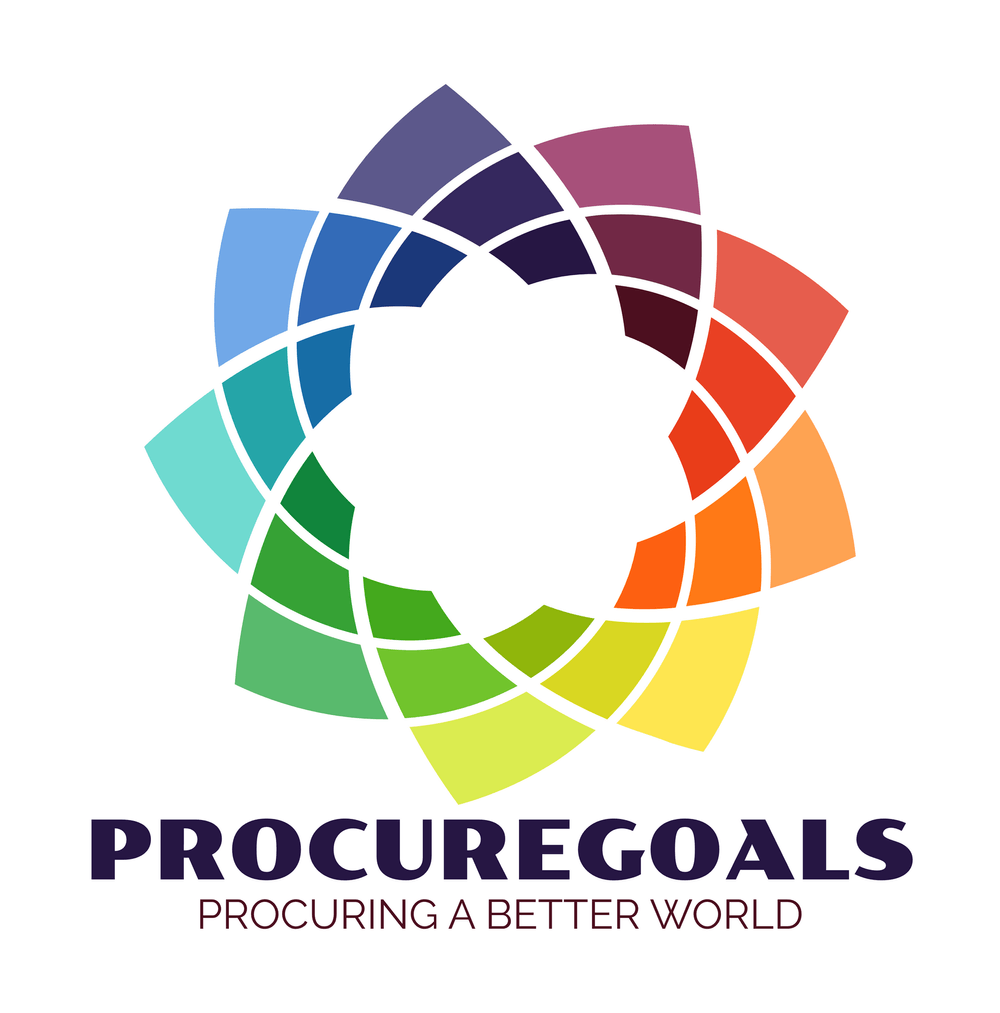


ORGANIZATION/ENTITY: United States Agency for International Development (USAID)
SOLICITATION TITLE: Request for a Quote for Gender Analysis
SUMMARY:
The purpose of the RFQ is to seek quotes from offerors to conduct a gender analysis in Armenia, to address existing gender inequalities, and to empower marginalized populations in various sectors.
SDG 5 AND TARGETS:
- 5.1 End all forms of discrimination against all women and girls everywhere
- 5.2 Eliminate all forms of violence against all women and girls in the public and private spheres, including trafficking and sexual and other types of exploitation
- 5.3 Eliminate all harmful practices, such as child, early and forced marriage and female genital mutilation
- 5.4 Recognize and value unpaid care and domestic work through the provision of public services, infrastructure and social protection policies and the promotion of shared responsibility within the household and the family as nationally appropriate
- 5.5 Ensure women’s full and effective participation and equal opportunities for leadership at all levels of decisionmaking in political, economic and public life
- 5.6 Ensure universal access to sexual and reproductive health and reproductive rights as agreed in accordance with the Programme of Action of the International Conference on Population and Development and the Beijing Platform for Action and the outcome documents of their review conferences
- 5.A Undertake reforms to give women equal rights to economic resources, as well as access to ownership and control over land and other forms of property, financial services, inheritance and natural resources, in accordance with national laws
- 5.B Enhance the use of enabling technology, in particular information and communications technology, to promote the empowerment of women
- 5.C Adopt and strengthen sound policies and enforceable legislation for the promotion of gender equality and the empowerment of all women and girls at all levels
HOW DOES THE PROCUREMENT SOLICITATION ALIGN OR CONTRIBUTE TO SDG 5?
The requirements in the RFQ are aligned with SDG 5 by promoting gender equality and empowering women and girls.
The solicitation outlines the need for a gender analysis to identify gender issues, inequalities, constraints, and opportunities in various sectors, including disaster resilience, food security, human rights, and elections and political processes in Armenia. This aligns with SDG 5's objective of achieving gender equality and empowering all women and girls.
Additionally, the solicitation emphasizes the importance of addressing gender disparities and promoting gender equality in the development areas of democracy, human rights and governance, economic growth, and resilience.
The RFQ requires offerors to have knowledge of public policies addressing gender and social inclusion gaps, gender-based violence, disability, and gender agendas, which are essential for advancing gender equality as per SDG 5.
Another requirement of the RFQ is that offerors shall have experience in qualitative research and statistical data analysis, which are crucial for understanding and addressing gender inequalities, thus contributing to the advancement of SDG 5.
Therefore, the requirements in this solicitation are in alignment with SDG 5 by promoting gender equality and empowering women and girls through the gender analysis project.
IS THE SOLICITATION IN ALIGNMENT WITH OTHER SDGs?
Although the primary focus is on SDG 5, the RFQ also indirectly aligns with other SDGs such as SDG 1 (No Poverty), SDG 10 (Reduced Inequalities), and SDG 16 (Peace, Justice, and Strong Institutions).
The gender analysis, by addressing inequalities and promoting empowerment, contributes to the broader agenda of reducing poverty (SDG 1) and reducing inequalities (SDG 10). Additionally, the focus on human rights, democratic transition, and economic security in the solicitation aligns with SDG 16, which aims to promote peaceful and inclusive societies for sustainable development, provide access to justice for all, and build effective, accountable, and inclusive institutions at all levels.
Furthermore, the RFQ emphasizes the importance of utilizing relevant public data from USAID projects and activities, periodic reports to United Nations (UN) human rights committees, and shadow reports and reports by UN and regional intergovernmental organizations and non-governmental organizations. This aligns with the broader SDG agenda of promoting partnerships for the goals (SDG 17), as it involves collaboration with various stakeholders and organizations to achieve the objectives of the gender analysis project.
In summary, while the primary focus of the USAID RFQ for Gender Anlysis is on SDG 5, it also indirectly contributes to the broader SDG agenda by addressing poverty, reducing inequalities, promoting peace and justice, and fostering partnerships for sustainable development.
VISUAL REPRESENTATION:
REFERENCES: